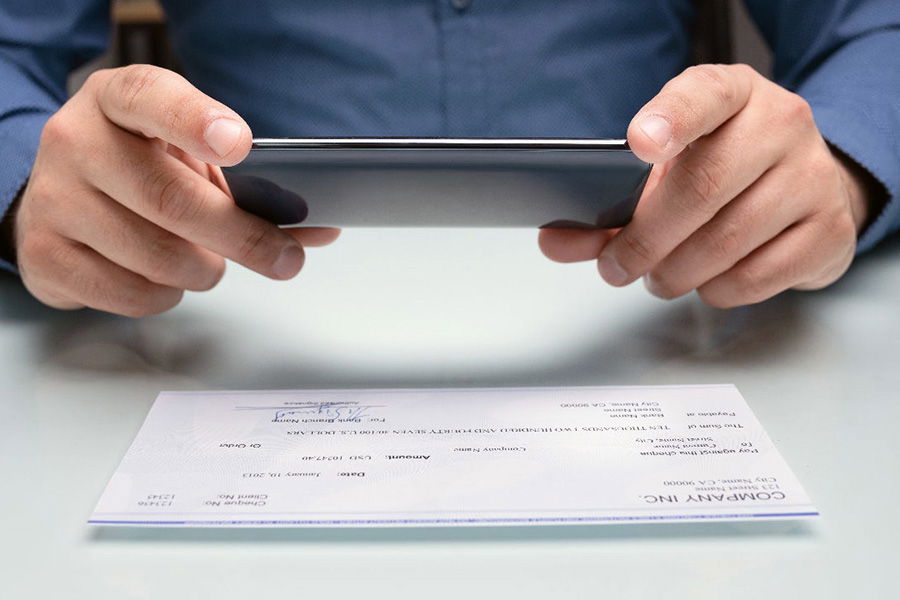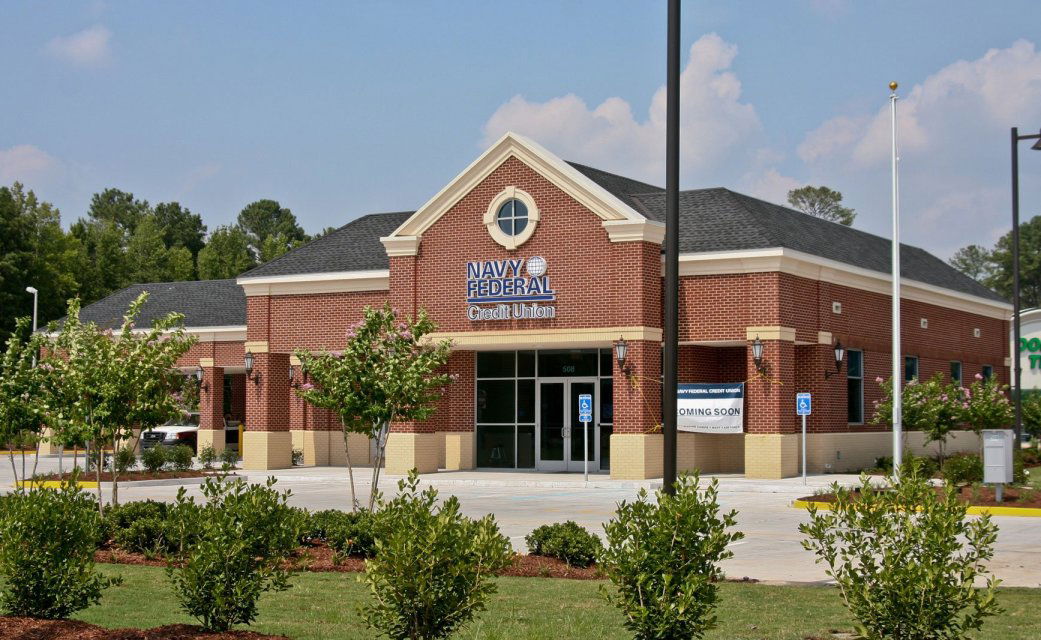Direct deposit can help you qualify for bank bonuses, get paid early, and avoid trips to the bank. But not every deposit counts—and getting it wrong can cost you.

This article breaks down what banks usually accept as direct deposit, what doesn’t qualify, how to set it up, and how long it takes to kick in.
What is direct deposit?
Direct deposit lets your employer or another payer send money straight to your bank account—no paper checks, no trips to the bank. All you need is your account and routing numbers.
It’s most commonly used for paychecks, but you can also set it up for:
- Government benefits (Social Security, unemployment, tax refunds)
- Pensions or retirement income
- Insurance payouts
- Marketplace earnings (Airbnb, Amazon, etc.)
- Interest payments from banks or brokerages
What counts as a direct deposit?
Direct deposit usually refers to an electronic transfer made directly into your bank account through the Automated Clearing House (ACH) network. But not all ACH transfers qualify—especially when you’re trying to meet a bonus requirement. It depends on the source of the funds and your bank’s specific rules.
Examples That Usually Qualify
- Paychecks from employers – These are the most common type of direct deposit.
- Government benefits – Includes Social Security, disability, unemployment, and VA benefits.
- Tax refunds – Federal and state refunds sent directly to your account.
- Pension or retirement income – Recurring deposits from retirement plans often qualify.
- Gig economy payouts – Some payments from apps like Uber or DoorDash may count, depending on the bank.
- Brokerage transfers – Direct transfers from investment accounts like Fidelity or Charles Schwab sometimes trigger the requirement.
Always check your bank’s terms, since definitions vary by institution.
See also: How to Get Direct Deposit without a Bank Account
What doesn’t count as a direct deposit?
Not all electronic deposits qualify. Many banks exclude certain types of transfers—especially if the money came from you or a third-party service that’s not considered a “payor.”
Payments That Usually Don’t Qualify
- Transfers between your own bank accounts – Even if they’re at different banks.
- Mobile check deposits – Scanning a check with your phone doesn’t count.
- Cash deposits at ATMs or branches – These aren’t electronic and don’t come from an external source.
- Third-party app transfers – Includes PayPal, Zelle, Venmo, or Cash App in most cases.
- Reloads from prepaid debit cards – These don’t meet the standard definition of direct deposit.
- Mailed checks – Even if the bank converts it to digital form, it won’t qualify.
If you’re unsure whether a payment will qualify, try a small transfer first or contact the bank directly.
How Direct Deposit Helps You Qualify for Bank Bonuses
Many banks and credit unions offer cash bonuses when you open a new account—but there’s a catch. To get the reward, you usually need to receive a qualifying direct deposit within a set time frame.
This is why it’s so important to understand what counts. If your deposit doesn’t meet the bank’s criteria, you won’t get the bonus—even if the money lands in your account.
Every institution sets its own rules. Some only count payroll or government payments. Others accept ACH transfers from a brokerage or gig work platform. A few are stricter and require a deposit to come directly from an employer.
Before applying, review the bonus terms closely. If anything is unclear, call the bank or credit union and ask what they recognize as direct deposit. Getting it right upfront can save you from missing out on hundreds of dollars.
How Early Direct Deposit Works
Some banks let you access your paycheck up to two days early—but it depends on how they handle incoming payment files.
When your employer sends payroll instructions to the bank, many traditional banks wait until the official “pay date” to release the funds. Fintechs and a few online banks don’t wait. They post your money as soon as they receive the file, which can be one or two days before payday.
This early access can help with budgeting, bills, and avoiding overdrafts—especially if you live paycheck to paycheck.
Banks that offer early direct deposit include:
This feature is more common with fintechs and digital-first banks than with traditional brick-and-mortar institutions. If early pay is important to you, check whether a bank supports it before opening an account.
How to Set Up Direct Deposit
Setting up direct deposit only takes a few minutes and can save you time with every paycheck or benefit payment.
- Contact the payer: Reach out to your employer, government agency, or benefits provider.
- Get the form: Ask for a direct deposit form or log in to their online portal if available.
- Fill it out: Enter your name, bank routing number, and account number.
- Submit and confirm: Return the form and monitor your account to make sure the deposit goes through.
Double-check your banking details before submitting to avoid delays. If the deposit doesn’t show up when expected, contact the payer right away to resolve it.
What to Do If Your Direct Deposit Isn’t Showing Up
Even when everything’s set up correctly, direct deposit issues can still happen. If your deposit doesn’t arrive when expected:
- Check with your bank to confirm whether the payment was received or is pending.
- Contact your employer or payer to verify they processed the payment on time.
- Review your account info to make sure the routing and account numbers were entered correctly.
Delays are more likely with first-time setups or changes to your deposit info. After the first successful deposit, timing is usually consistent.
Final Thoughts
Direct deposit isn’t just convenient—it can help you earn bonuses, get paid faster, and simplify your finances. But not all deposits qualify, especially when banks tie them to rewards.
Before you move money around or sign up for an account, take a minute to understand what your bank accepts as direct deposit. That small step could make the difference between landing a $300 bonus—or missing out entirely.
Want early paydays, fewer fees, and a smoother banking experience? Get direct deposit set up the right way from day one.
Frequently Asked Questions
How can I test if a deposit qualifies?
Try sending a small ACH transfer (e.g. $5) from the source and ask your bank whether it counts as a direct deposit.
How long does it take for direct deposit to activate?
Direct deposits may take a couple of weeks to be processed. Typically, it takes two pay cycles for your employer to process your request. You can also contact your employer to get a better idea of how long it will take.
Can you fake a direct deposit for a bonus?
Some people try to trigger bonuses using ACH transfers from apps or other bank accounts. While this may work at some banks, others monitor deposit sources and may claw back the bonus—or even close your account.
If you want to play it safe, use a payroll deposit, tax refund, or government benefit. These almost always qualify and won’t raise red flags.
Can I use a brokerage account like Fidelity or Robinhood?
Sometimes. Banks vary on whether they accept ACH transfers from investment platforms. Always verify first.




